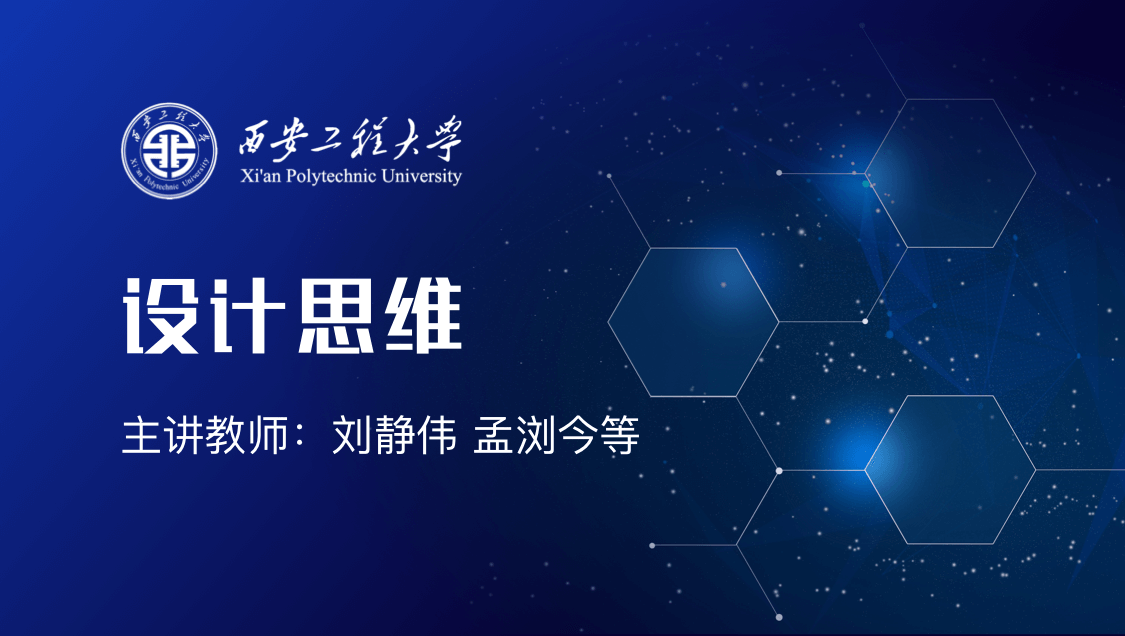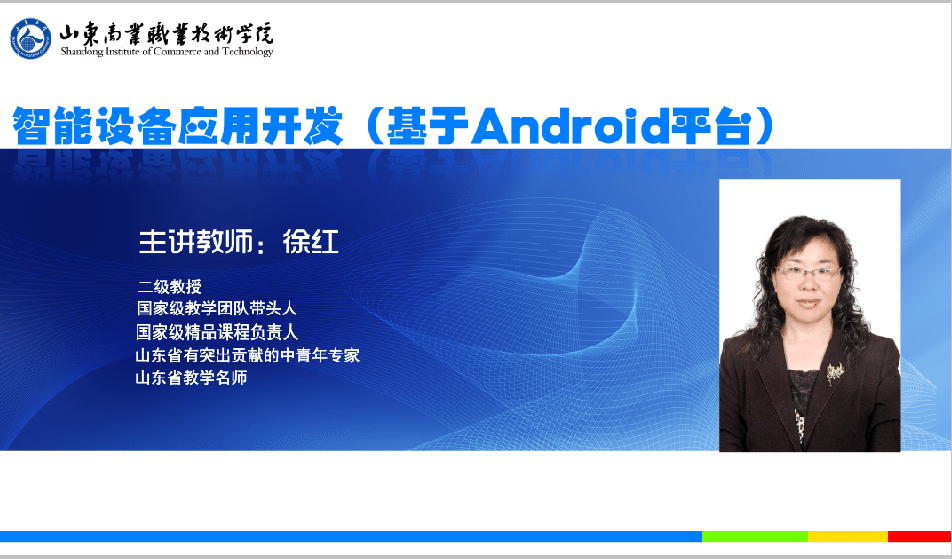
当前课程知识点:Research Methods in Tourism Studies > Week 1 How to Start a Good Research > 1.5 Literature Reading > 1.5.2 Overcoming obstacles in literature reading
返回《Research Methods in Tourism Studies》慕课在线视频课程列表
返回《Research Methods in Tourism Studies》慕课在线视频列表
我们大多数人在阅读文章时都有类似的问题或困难
所以在最后一部分
让我们看看如何克服
在阅读期刊文章时的几个常见问题
有些学生在阅读期刊文章时可能会不耐烦
尤其是在阅读英文期刊时
当我们阅读某些经典著作时可能会不留意或者盲从
那么当阅读英文期刊时应该如何保持耐心呢
首先也是最重要的就是要多读
当我们积累一定阅读量的时候
可以掌握不同类型研究的结构和格式
并提出对现有文献的批判性问题
你的研究方向是什么
你的研究问题是什么
在现有的文献中
你的研究目标是否已被解答
现有的学术中有什么不同的观点
下一个重要的部分就是提高自己的研究兴趣
所以如果你对某些领域感兴趣
你可能会对阅读更有耐心
例如你们中的一些人可能在酒店行业实习过
你可能发现千禧一代的人员流动率很高
那么在学术领域
你想知道为什么千禧一代的人员流动率很高
以这个兴趣为起点
你可能会更耐心地阅读文献
最后试着用你自己的想象力来提高你对文献的兴趣
你的研究设计和研究过程要注入想象
那么如何克服遗忘问题呢
这里有几个建议
如果你觉得这项研究很有代表性
定期回顾是非常重要的
如果你发现这项研究非常经典
试着进行一些日常的回顾
接下来向其他同学介绍文献
也是提高自己记忆力的好方法
同时可以练习写文献摘要
或像我们之前说过的做阅读笔记都是有效且重要的方法
最后尝试将文档与熟悉的目标关联起来
例如当你读到关于组织结构的研究时
你会看到组织结构的不同层次
如果你想快速了解文献或者相关理论
你可以把这个理论框架
和你自己的实习经验联系起来
最后对我们所有人来说
不仅对学生而且对学者
最困难的是做到具有批判性思维
在学术界具有批判性思维是非常重要的
那么如何克服从众的问题呢
首先当阅读某些作品时
应多思考这篇文章重要吗
为什么重要
另外可以思考为什么作者会提出这个研究话题
这个问题的研究背景是什么
本文提出了哪些研究问题和目标
对这个话题你有新的想法吗
解决同一问题有其他方法吗
所以关键的是我们需要知道如何提问
如你所见要培养批判性思维
你需要试着从不同的角度提出不同的问题
前面我向大家展示了
用于整理文献和记录笔记的软件
当然有些学生可能更倾向于手工总结
他们可能回使用word
或excel文档创建自己的阅读表格
例如其中一个学生做了一篇文章的总结
在这里你可以看到这个学生
是如何分解这篇文章的
该学生把文章解分成不同的项目
首先文章的来源是什么
有一列可以记录文章来源
文章简介是什么
本文使用的方法是什么
这篇文章的结果是什么
你想为这篇文章做哪些额外的笔记或记录吗
这只是学生们用到的一个例子
通过制作表格来理解文献并积累自己的有效阅读
这一章到此为止
-1.1 Research Question and Research Objectives
--1.1.1 Student interview before class
--1.1.2 The starting point: question
--1.1.3 What is a good research question?
--1.1.4 Ways to find a good research question
-1.2 Title Design
--Acticle: Leisure & Travel as Class Signifier: Distinction Practices of China's New Rich
--Discussion: Why do we research?
-1.3 Literature Retrieval Method and Literature Databases
--1.3.1 Common literature retrieval method
--1.3.2 Common literature search database
-1.4 Information Collection and Academic Journals in Tourism
--1.4.1 Academic journals in tourism research
--1.4.2 Literature collection methods and principles
-1.5 Literature Reading
--1.5.2 Overcoming obstacles in literature reading
--Week 1 quiz
--Discussion: What difficulties have you encountered in reading literature?
-2.1 Philosophical Bases of the Two Approaches
--2.1.1 Philosophical bases of the two approaches
-2.2 Differences between the Two Approaches
--2.2.1 Differences between the two approaches
--Article: Does tourist–host social contact reduce perceived cultural distance?
-2.3 Be Aware of Your Own Research Views
--2.3.1 Be aware of your own research views
--Discussion: How to choose research method?
-2.4 Research Example: Social Tourism
--2.4.1 What is social tourism?
--2.4.2 Established frameworks on social tourism
--2.4.3 Major research findings on social tourism
--2.4.4 Major findings of social tourism research
--2.4.5 Opportunities and challenges for social tourism
--Week 2 quiz
- 3.1 Key Procedures in Qualitative Approach
--3.1.1 Key procedures in qualitative approach
-3.2 Qualitative Data Collection and Analysis
--3.2.1 Key procedures and data collection methods in qualitative approach
--3.2.2 Data collection and analysis in qualitative approach
--3.2.3 Data analysis in qualitative approach
-3.3 Case Study and Content Analysis
--Discussion: Have you ever used a qualitative approach in your research?
-3.4 Using Coding and Themes in Qualitative Research
--3.4.1 Using coding and themes in qualitative research(1)
--3.4.2 Using coding and themes in qualitative research(2)
-3.5 Using Conceptual Framework in Qualitative Research
--3.5.1 Using conceptual framework in qualitative research(1)
--3.5.2 Using conceptual framework in qualitative research(2)
--Article: Tourist typology in social contact: an addition to existing theories
--Week 3 quiz
--Discussion: How to ensure the reliability and validity of qualitative study?
-4.1 Using Questionnaires in Quantitative Research
--4.1.1 Make an effective literature review and research method design
--4.1.2 Learn to write powerful findings and discussion
-4.2 Using Experiment in Quantitative Research
--4.2.4 Eye tracking experiment
-4.3 Using Mixed Method
--4.3.1 Sustainabble tourism development (1)
--4.3.2 Sustainabble tourism development (2)
--Article:Creating a scale for assessing socially sustainable tourism
--Week 4 Quiz
--Discussion: How to use quantitative methods to study tourists' reaction?
-5.1 Current Research Priorities
--5.1 1 A review of hospitality research
--5.1.2 Impact of information technology on hospitality and tourism research
-5.2 Multi-Level/ Multiple Sources of Date Collection
--5.2.1 Experimental design (1)
--5.2.2 Experimental design (2)
--5.2.3 Multi-level/multiple sources of data collection
-5.3 Mixed Method and Interdisciplinary Research
--5.3.2 Interdisciplinary research
--Article: The meanings of destination: a Q method approach
--Discussion: Can you talk about your understanding of research methods?
-5.4 Using Delphi Method in Research Design
--5.4.1 What is the Delphi method?
--5.4.3 Characteristics of the Delphi method
--5.4.4 Predicting the future of wine tourism
--Week 5 quiz
--Discussion: Philosophical basis of research methods
-6.1 Journal Publication
--6.1.1 How to publish in the top journals? (1)
--6.1.2 How to publish in the top journals? (2)
--6.1.3 How to publish in the top journals? (3)
--6.1.4 How to publish in the top journals? (4)
--Article: Analyzing the economic sustainability of tourism development: evidence from Hong Kong
-6.2 Academic Ethics
--6.2.2 Student interview after class
--Week 6 quiz
--Discussion: Academic publication and academic ethics
--Final quiz



